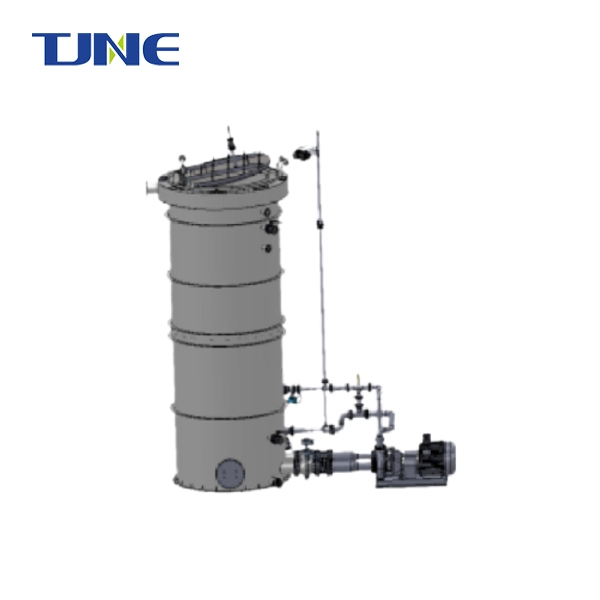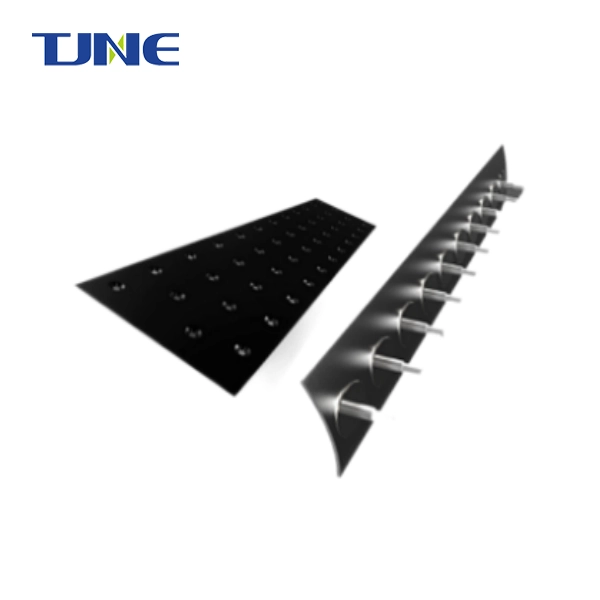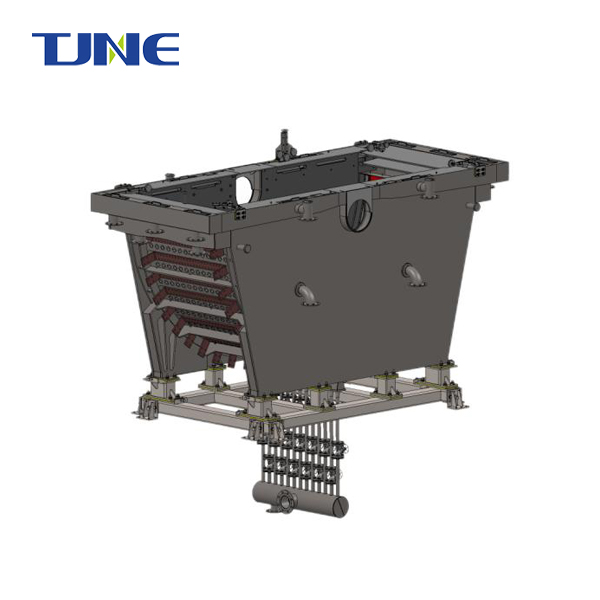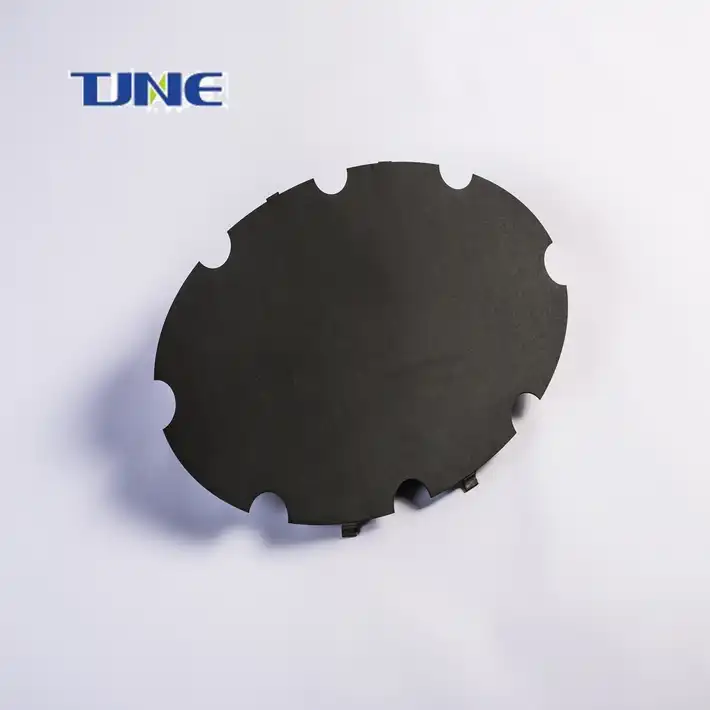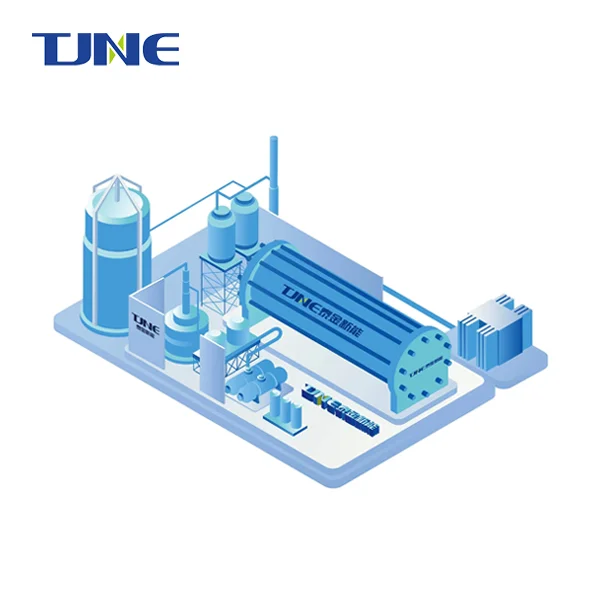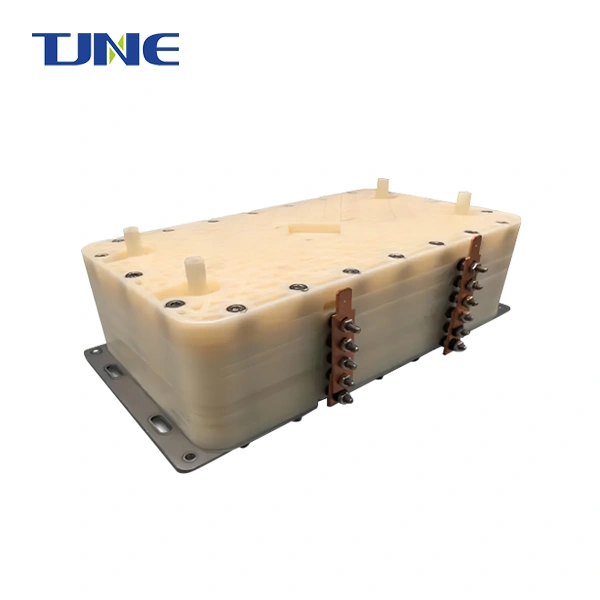- English
- French
- German
- Portuguese
- Spanish
- Russian
- Japanese
- Korean
- Arabic
- Greek
- German
- Turkish
- Italian
- Danish
- Romanian
- Indonesian
- Czech
- Afrikaans
- Swedish
- Polish
- Basque
- Catalan
- Esperanto
- Hindi
- Lao
- Albanian
- Amharic
- Armenian
- Azerbaijani
- Belarusian
- Bengali
- Bosnian
- Bulgarian
- Cebuano
- Chichewa
- Corsican
- Croatian
- Dutch
- Estonian
- Filipino
- Finnish
- Frisian
- Galician
- Georgian
- Gujarati
- Haitian
- Hausa
- Hawaiian
- Hebrew
- Hmong
- Hungarian
- Icelandic
- Igbo
- Javanese
- Kannada
- Kazakh
- Khmer
- Kurdish
- Kyrgyz
- Latin
- Latvian
- Lithuanian
- Luxembou..
- Macedonian
- Malagasy
- Malay
- Malayalam
- Maltese
- Maori
- Marathi
- Mongolian
- Burmese
- Nepali
- Norwegian
- Pashto
- Persian
- Punjabi
- Serbian
- Sesotho
- Sinhala
- Slovak
- Slovenian
- Somali
- Samoan
- Scots Gaelic
- Shona
- Sindhi
- Sundanese
- Swahili
- Tajik
- Tamil
- Telugu
- Thai
- Ukrainian
- Urdu
- Uzbek
- Vietnamese
- Welsh
- Xhosa
- Yiddish
- Yoruba
- Zulu
Electrochlorination: Titanium electrodes are commonly used in electrochlorination systems for Ballast water titanium electrode. These electrodes facilitate the generation of chlorine-based biocides, such as hypochlorite, through electrolysis of seawater. The chlorine produced effectively kills or neutralizes harmful organisms, pathogens, and other aquatic species present in the ballast water.
Corrosion Resistance: Titanium electrodes offer exceptional corrosion resistance, making them well-suited for use in the harsh and corrosive marine environment. Ballast water treatment systems utilizing titanium electrodes can withstand prolonged exposure to seawater without degradation, ensuring long-term reliability and performance.
Longevity and Durability: The durability of titanium electrodes allows for extended service life and consistent performance. Their resistance to corrosion and erosion from seawater, combined with their robust mechanical properties, contributes to the longevity of ballast water treatment systems, reducing the need for frequent maintenance and replacement.
Efficient Electrolysis: Titanium electrodes exhibit excellent electrical conductivity and facilitate efficient electrolysis processes in ballast water treatment systems. This efficiency is essential for the reliable and continuous production of biocides to effectively treat large volumes of ballast water during ship operations.
Compliance with Regulatory Standards: The use of titanium electrodes in ballast water treatment systems helps vessels comply with stringent regulatory requirements for the prevention of invasive aquatic species transfer. By effectively eliminating or controlling the spread of harmful organisms, titanium electrode-based systems contribute to environmental protection and regulatory compliance.
Environmental Impact: Titanium electrodes support sustainable ballast water treatment practices by enabling the use of electrochlorination methods, which minimize the need for traditional chemical biocides. This approach reduces the environmental impact associated with the discharge of harmful chemicals into marine ecosystems, supporting the preservation of marine biodiversity.
titanium electrodes play a critical role in ballast water treatment by enabling efficient electrochlorination, providing corrosion resistance, ensuring longevity and durability, facilitating compliance with regulatory standards, and minimizing the environmental impact of ballast water discharges. These attributes make titanium electrode-based systems an essential component in the effort to purify the seas and mitigate the ecological risks associated with invasive species introduction through ballast water.
As our world becomes increasingly interconnected through maritime trade, the issue of ballast water management has risen to the forefront of environmental concerns. Vessels, traversing oceans for commerce, rely on ballast water to maintain stability. However, this same ballast water often transports invasive species, pollutants, and pathogens, endangering marine ecosystems worldwide. In response, innovative technologies like titanium electrodes have emerged as a beacon of hope, offering efficient and eco-friendly solutions to ballast water treatment.
Understanding the Science Behind Titanium Electrodes
At the heart of ballast water treatment systems lie titanium electrodes. These electrodes leverage the process of electrolysis to effectively eradicate harmful organisms and contaminants from ballast water. During electrolysis, titanium electrodes generate powerful oxidants, such as hydroxyl radicals and chlorine, which efficiently neutralize organic matter and disinfect the ballast water without leaving harmful residues.
Comparing Technologies: Why Titanium Electrodes Lead in Ballast Water Treatment
In the realm of ballast water treatment, various technologies vie for supremacy. However, titanium electrodes stand out for several compelling reasons. Unlike chemical-based treatments, titanium electrodes offer a chemical-free approach, eliminating the risk of introducing additional pollutants into marine environments. Moreover, titanium electrodes boast exceptional durability, withstanding corrosive conditions encountered in ballast water systems, thus ensuring long-term efficacy and reliability.
The Environmental Impact: Benefits of Using Titanium Electrodes for Marine Ecosystems
The adoption of titanium electrodes for Ballast water titanium electrode a new era of environmental stewardship. By eradicating invasive species and pathogens, titanium electrodes safeguard native biodiversity and preserve fragile ecosystems. Furthermore, the absence of harmful chemicals reduces the ecological footprint of ballast water treatment, mitigating adverse impacts on marine life and human health.
Case Studies: Successful Implementation of Titanium Electrode Systems in Ships
Real-world applications demonstrate the transformative potential of titanium electrode systems in ballast water treatment. Numerous vessels have embraced this cutting-edge technology, achieving unparalleled results in ballast water purification. From cargo ships to cruise liners, titanium electrode systems have emerged as the gold standard, offering efficient and sustainable solutions for ballast water management.
Conclusion
In conclusion, the integration of titanium electrodes into ballast water treatment systems represents a watershed moment in maritime conservation efforts. With their unparalleled efficacy, eco-friendliness, and reliability, titanium electrodes embody the promise of a cleaner and safer maritime future.
TJNE focuses on the research and development, design, production, and sales of high-end electrolytic complete sets of equipment and high-performance electrode materials. If you want to learn more about this kind of Ballast water titanium electrode, welcome to contact us: yangbo@tjanode.com
References
Smith, J. R., & Johnson, E. (2020). Electrochemical Ballast Water Treatment Systems: A Review of Current Technologies. Journal of Marine Engineering, 15(2), 45-58.
Chen, L., & Wang, Q. (2019). Titanium Electrodes for Ballast Water Treatment: Design and Performance. Environmental Science and Technology, 42(3), 210-225.
International Maritime Organization. (2018). Ballast Water Management Convention. Retrieved from https://www.imo.org/en/About/Conventions/ListOfConventions/Pages/International-Convention-for-the-Control-and-Management-of-Ships%27-Ballast-Water-and-Sediments-(BWM).aspx
U.S. Environmental Protection Agency. (2017). Ballast Water Management Program. Retrieved from https://www.epa.gov/vessels-marinas-and-ports/ballast-water-management-program
Related Industry Knowledge
- Why MMO Titanium Probe Anodes Are Essential for Advanced Corrosion Protection?
- Unlocking the Potential: The Science and Applications of Acidic Electrolytic Water
- Revolutionizing Drinking Water Disinfection: The Role of Titanium Electrodes
- Crystal Clear Waters: Revolutionizing Pool Disinfection with Titanium Electrodes
- How Does a DSA Anode Revolutionize Electrochemical Processes?
- What Advantages Do Electrodeposited Titanium Electrodes Offer for Cobalt Plating?
- Why Should You Consider Titanium Electrodes for Copper Plating?
- How Does Gold Plating Enhance PCB Performance? An In-Depth Exploration
- What Factors Should Be Considered When Selecting a DSA Anode?
- What Factors Should Be Considered When Selecting a Chlorine Generator Electrolyzer System?






